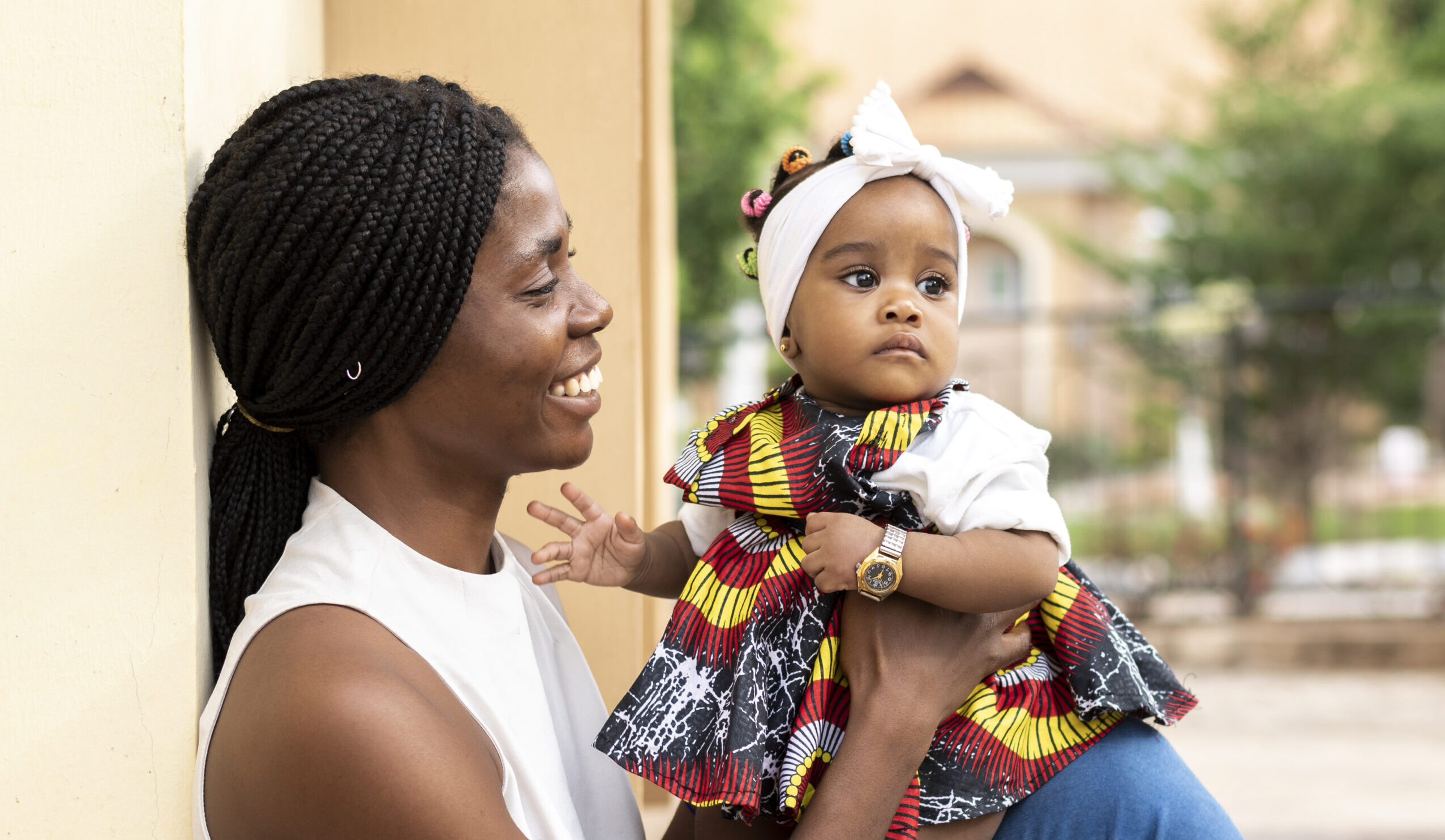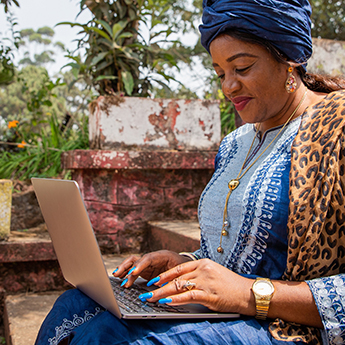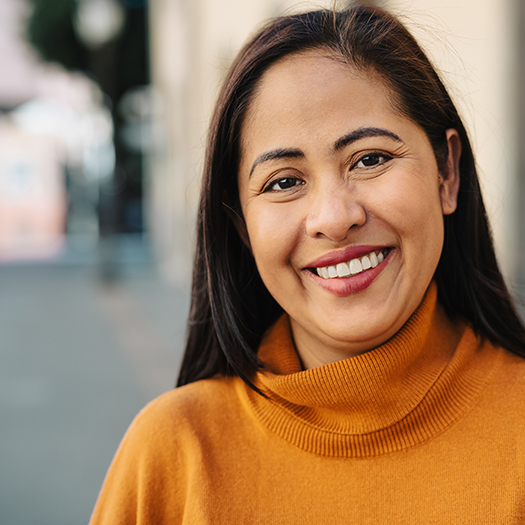Focal Point Workshops Go Virtual Amid Global Pandemic
This summer we have seen a number of global meetings forced to shift to online formats, leading to innovations in meeting design and compressed agendas. The FP2020 regional focal point workshops (Anglophone Africa and Asia) scheduled to take place in June were no different. Due to the pandemic, the workshops were held virtually, were held online, in four four-hour sessions, over the course of one week.








